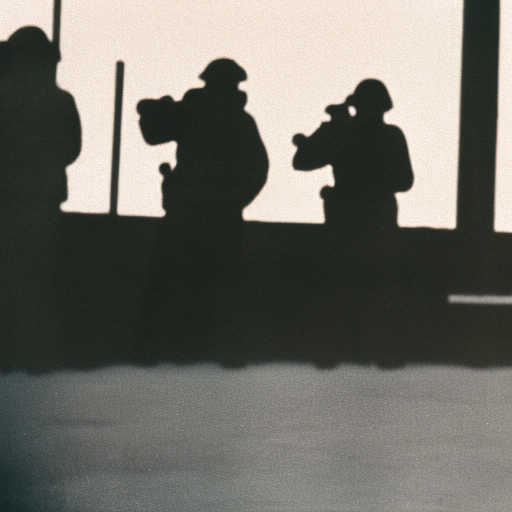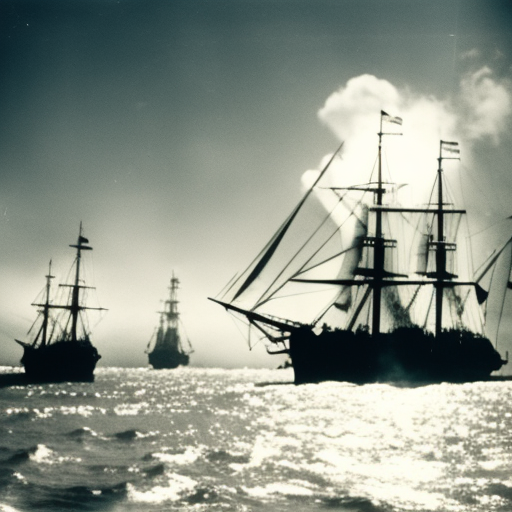Mukden Incident: The Prelude to the Second Sino-Japanese War
The Mukden Incident, also known as the Manchurian Incident, was a staged event that took place on September 18, 1931, in the city of Mukden (now Shenyang) in Manchuria, China. It was a significant event that marked the beginning of the Second Sino-Japanese War.
The Background:
In the early 20th century, Manchuria, a resource-rich region in northeastern China, was under the control of warlords and foreign powers. Japan, seeking to expand its influence in the region, had already established a strong presence in Manchuria through its control of the South Manchuria Railway Company.
The Incident:
On the night of September 18, 1931, a section of the South Manchuria Railway near Mukden was blown up. The Japanese Kwantung Army, stationed in Manchuria, accused Chinese dissidents of the sabotage and used it as a pretext to launch a full-scale invasion of Manchuria. However, evidence later revealed that the explosion was actually carried out by the Japanese themselves to justify their aggression.
Japanese Occupation of Manchuria:
Following the Mukden Incident, the Japanese swiftly occupied major cities in Manchuria, including Mukden and Changchun. The Chinese forces stationed in the region were ill-prepared and offered little resistance. The Japanese established the puppet state of Manchukuo, with Puyi, the last emperor of China, as its nominal ruler. Manchukuo was effectively controlled by the Japanese military.
International Response:
The international community, including the League of Nations, condemned Japan’s actions and called for a peaceful resolution. However, Japan ignored these calls and continued its occupation of Manchuria. The League of Nations appointed the Lytton Commission to investigate the incident, and its report concluded that Japan was the aggressor. Despite this, Japan withdrew from the League of Nations in 1933 and continued its expansionist policies.
Impact:
The Mukden Incident had far-reaching consequences. It marked the beginning of a prolonged conflict between China and Japan, known as the Second Sino-Japanese War, which lasted from 1937 to 1945. The war resulted in immense human suffering and widespread destruction in China.
The incident also highlighted the weakness of the League of Nations in maintaining peace and preventing aggression. The League’s failure to take decisive action against Japan further eroded its credibility and undermined its ability to prevent future conflicts.
Moreover, the Mukden Incident exposed the ambitions of the Japanese militarists and their desire to establish a Japanese-dominated empire in East Asia. It set the stage for further Japanese aggression in the region, including the invasion of China proper in 1937 and the subsequent atrocities committed during the war.
Legacy:
The Mukden Incident remains a contentious issue between China and Japan to this day. The Chinese government considers it a symbol of Japanese aggression and imperialism, while Japan has been criticized for downplaying its role in the incident. The event continues to shape the historical narratives and diplomatic relations between the two countries.
In conclusion, the Mukden Incident was a staged event that provided Japan with a pretext to invade and occupy Manchuria. It marked the beginning of the Second Sino-Japanese War and exposed the weaknesses of the League of Nations. The incident had a profound impact on the region, leading to further Japanese aggression and setting the stage for a prolonged and devastating conflict between China and Japan.












